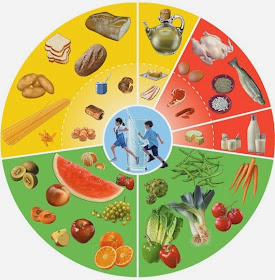It supports the leaves, the flowers and the fruit.
The stem usually divides up into branches.
There are two types of stems:
- Woody stems are hard and rigid. They are called trunks. Trees and bushes have trunks.
- Herbaceous stems are soft and flexible. They sometimes branch into smaller stems.
























